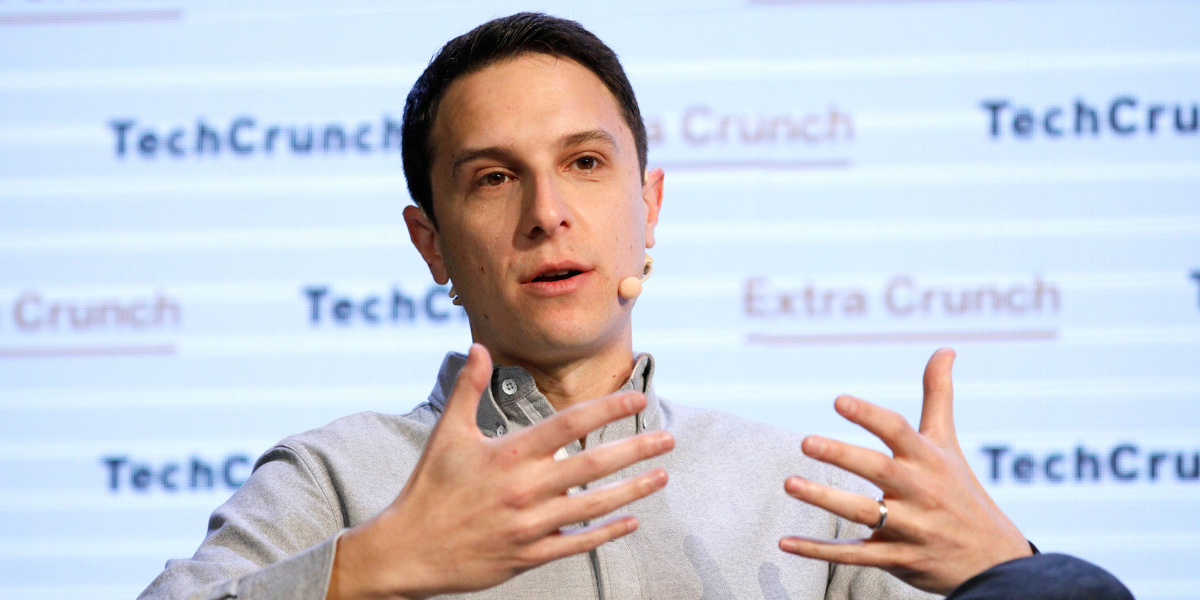How Google’s AI Search Boss Says to Get Discovered in 2025

As revealed on the Silicon Valley Girl podcast
“The AI thinks a lot like a person would.” – Robby Stein, Google
If you're building a business in 2025, here's the truth you need to hear: AI is deciding who gets found.
That’s according to Robby Stein, Google’s VP of Product for Search and the mind behind how search rankings now work in an AI-first world. In a wide-ranging conversation on the Silicon Valley Girl podcast, Stein pulled back the curtain on what AI-powered search is actually doing — and how entrepreneurs can stay ahead of it.
Spoiler: It’s less about keyword hacks and more about being visible where the AI looks.
🚀 Search Isn’t Dying — It’s Mutating
Forget what you knew about SEO.
“Search is now a place where you can truly ask anything… It’s no longer just keywords. It’s conversations,” said Stein.
Thanks to AI models like Google’s Gemini, users can now ask full-sentence, natural-language questions — like “Where can I get a dog haircut for under $80 near Los Altos tomorrow?” — and get answers that tap into live data, reviews, maps, business listings, and even make calls on your behalf.
AI is becoming the researcher. The recommender. The decision-maker.
Which means being found by AI is the new battleground.
📍 “How Do I Get Recommended by Google AI?”
That was the golden question. And Stein’s answer?
“If you’re mentioned in top business lists or public articles that lots of people find, those become useful for the AI to find.”
In other words: PR is the new SEO.
AI models now “fan out” your search query — running dozens of related searches behind the scenes. To determine what’s most relevant, they pull from:
- Google’s knowledge graph (250M+ real-world entities)
- Updated local business listings
- Public web content, including press coverage and blog posts
If your business shows up in credible places, AI is more likely to recommend you.
Key takeaway:
You’re no longer doing PR just to impress people.
You’re doing PR so the AI notices you.
🔧 What Business Owners Should Do Right Now
Whether you're running ads, building an app, or managing a local salon, here's how to optimize for this AI-powered world:
1. Own Your Google Presence
Update your Google Business Profile. Add high-quality photos, menus, hours, and — yes — real reviews. This is what AI pulls from when making local recommendations.
2. Invest in Strategic PR
Aim for credible coverage: top 10 lists, industry blogs, podcasts, niche publications. Google’s AI prioritizes sources that appear authoritative.
“I invested in PR and asked my friends, ‘Did you see the article?’ They said no — but AI did,” noted the interviewer.
3. Create “Helpful” Content
Still doing SEO? Great. But shift from keyword-stuffing to solving real user questions — especially long-tail, complex, how-to queries. That’s what AI is being trained to understand.
4. Monitor Google Trends
Stein called it “underutilized” — yet it’s one of the best tools to see what people are searching right now. Combine this with Google's Ads dashboard and Search Console to spot content and product opportunities.
5. Test the AI Yourself
Want to know if your business gets recommended? Try it. Use Google’s AI in Labs. Ask complex queries about your niche. See what shows up. And if you’re not there — ask why.
📞 AI That Calls for You (and What That Means)
One of the most jaw-dropping moments of the interview? Watching AI make actual phone calls to book services.
A grooming business with no website? No problem.
The AI called three salons, found pricing, confirmed availability, and emailed back the options.
This isn’t the future. It’s now.
What does that mean for small business owners?
- If you’re offline, the AI still might reach you — but only if your number’s listed and staff are responsive.
- There’s a new opportunity: build tools or services that help small businesses handle AI calls, reservations, or bookings.
🧠 Building for 2025: Robby’s Product Lessons for Founders
As a builder himself (he helped launch Reels at Instagram), Stein dropped insight after insight for early-stage founders.
His golden rule?
“Every product is a reaction to the time. So be a student of the gaps.”
He urged entrepreneurs to:
- Observe what AI still can’t do well (like inspiration or emotion-driven decisions)
- Interview users deeply, looking for moments of delight or frustration
- Test ideas fast, but optimize for daily use and stickiness
“Anyone can build now. The question is — are you building something useful?”





